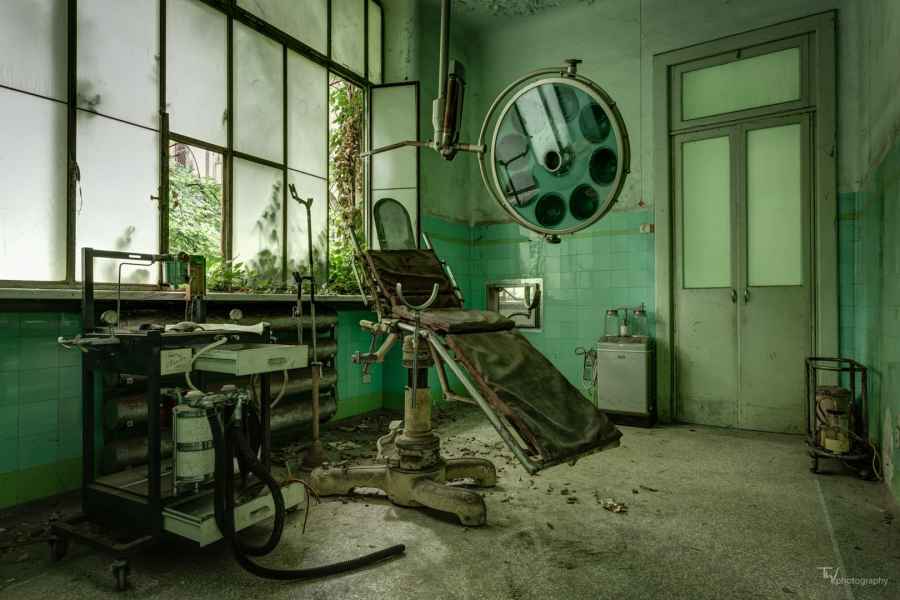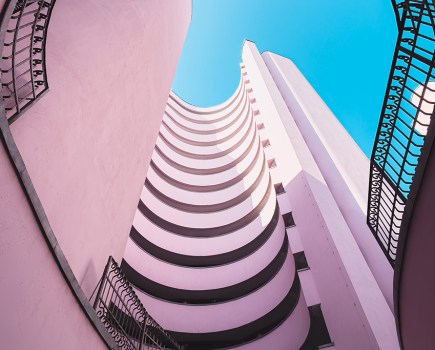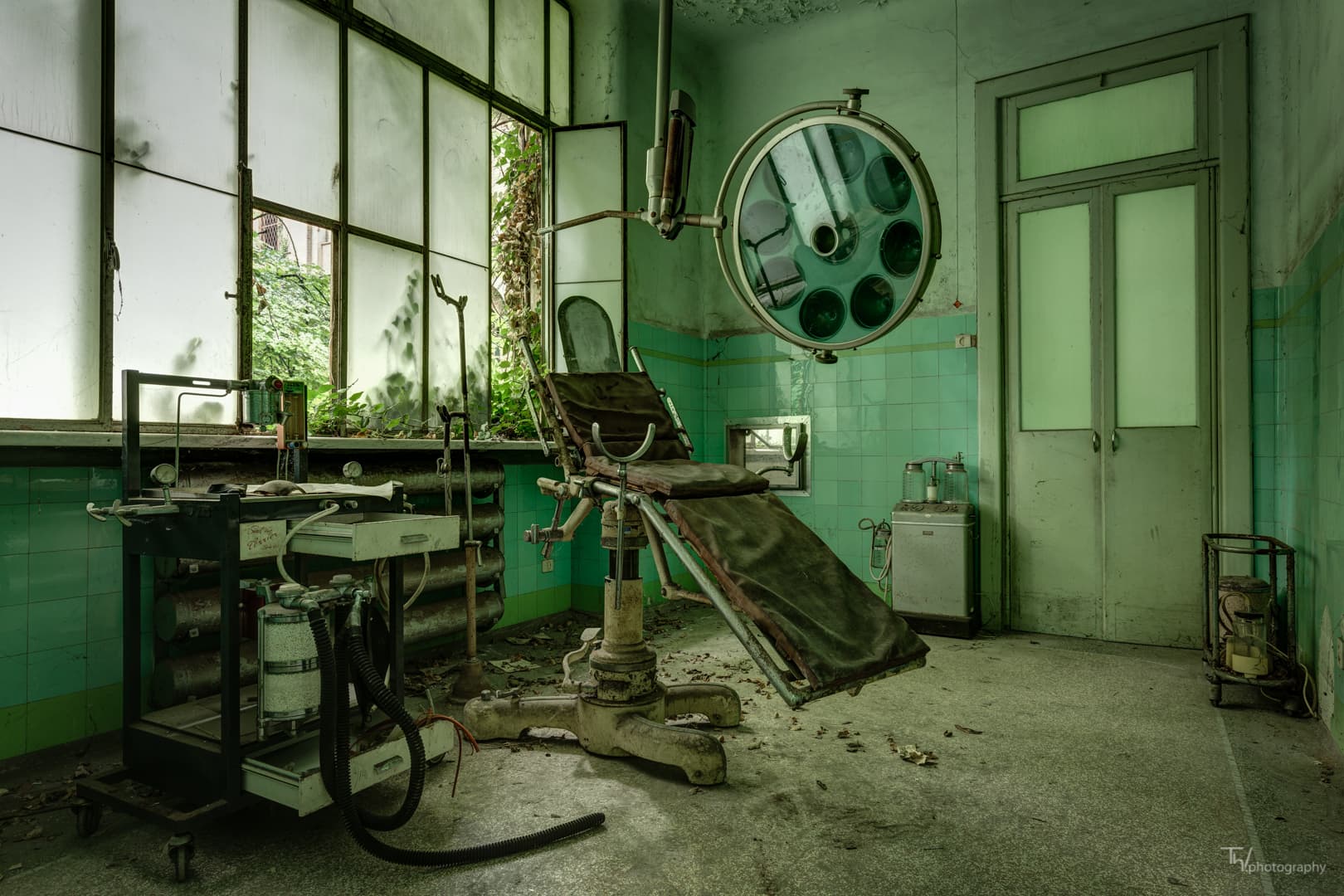
All images © Thomas Windisch
What’s the furthest off the beaten track you’ve ventured for a good photograph?
If you’re picturing that time you leaned slightly over a gate with a ‘Keep Out’ sign on it, then it’s safe to say you probably haven’t been quite as brave as Thomas Windisch. Passionate about urban exploration, Thomas’s day-to-day life involves getting into places all over Europe that have been consigned to dust and neglect, and everywhere he goes his camera goes with him.
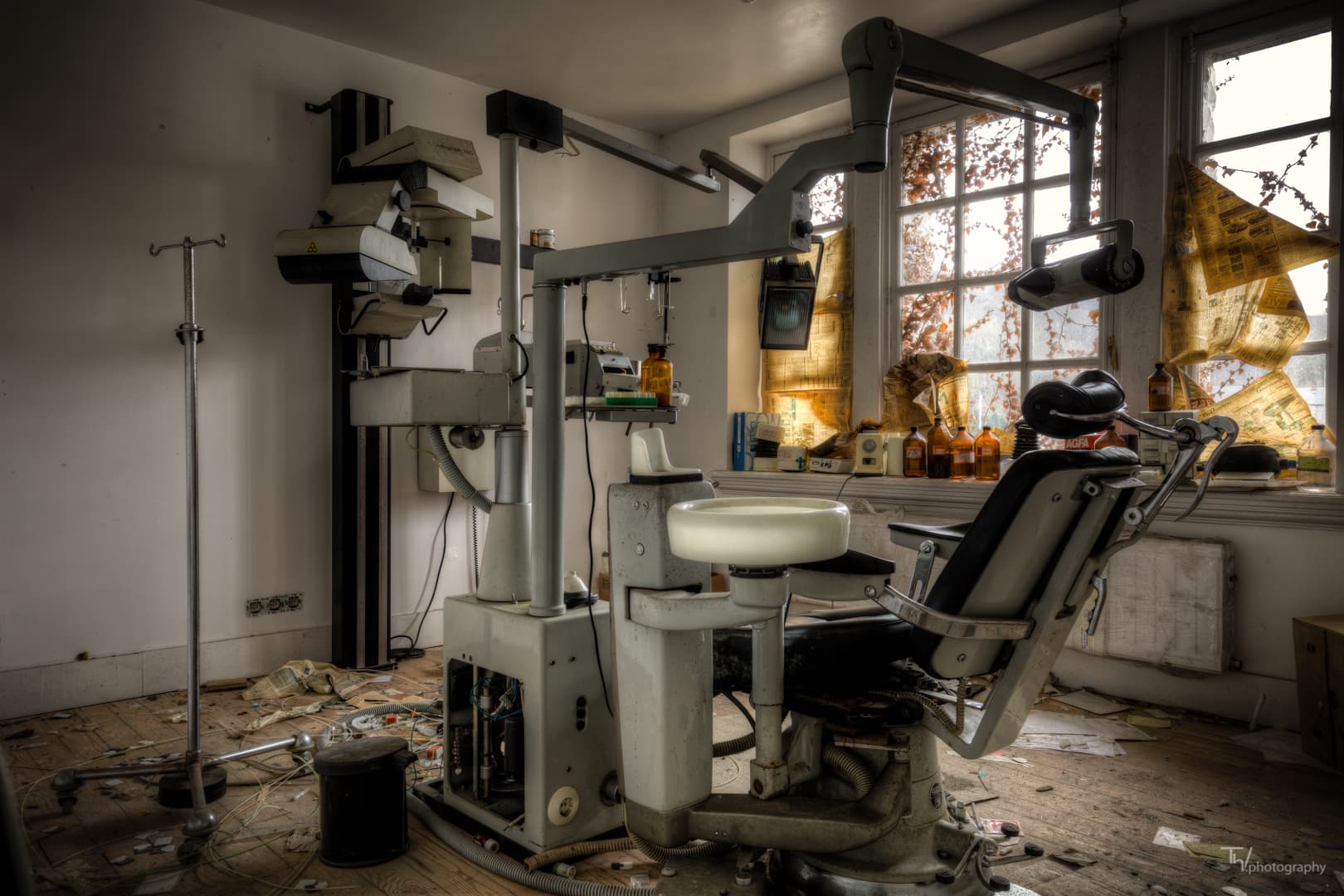
The haunting images you see on this page are part of his ‘Medical’ series, which involves exploring abandoned hospitals and asylums. You could be forgiven for finding them a little disturbing, but they are, without a doubt, entirely compelling. Scroll down to see more, and read our quick chat with Thomas about the series.
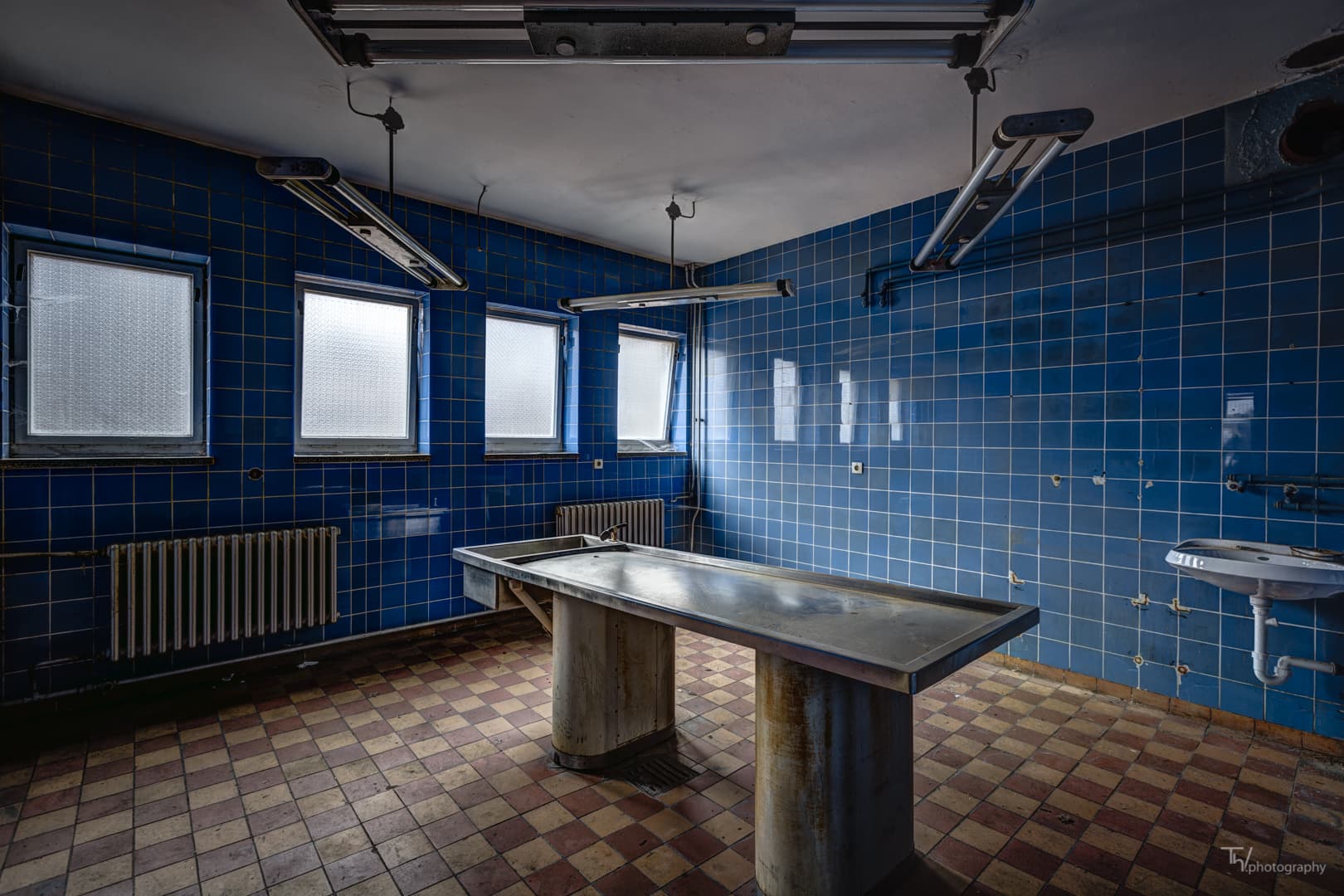
Amateur Photographer: What inspired you to start photographing abandoned buildings such as these?
Thomas Windisch: To be honest I slid into it somehow. I visited a few locations and got addicted to what time can do to things mankind created and left behind. I’m not the guy taking the zillionth mainstream fashion/beauty photograph in a studio. Don’t get me wrong, I love the creative people and wedding shoots I do, but few faces tell such strong stories like abandoned places do.
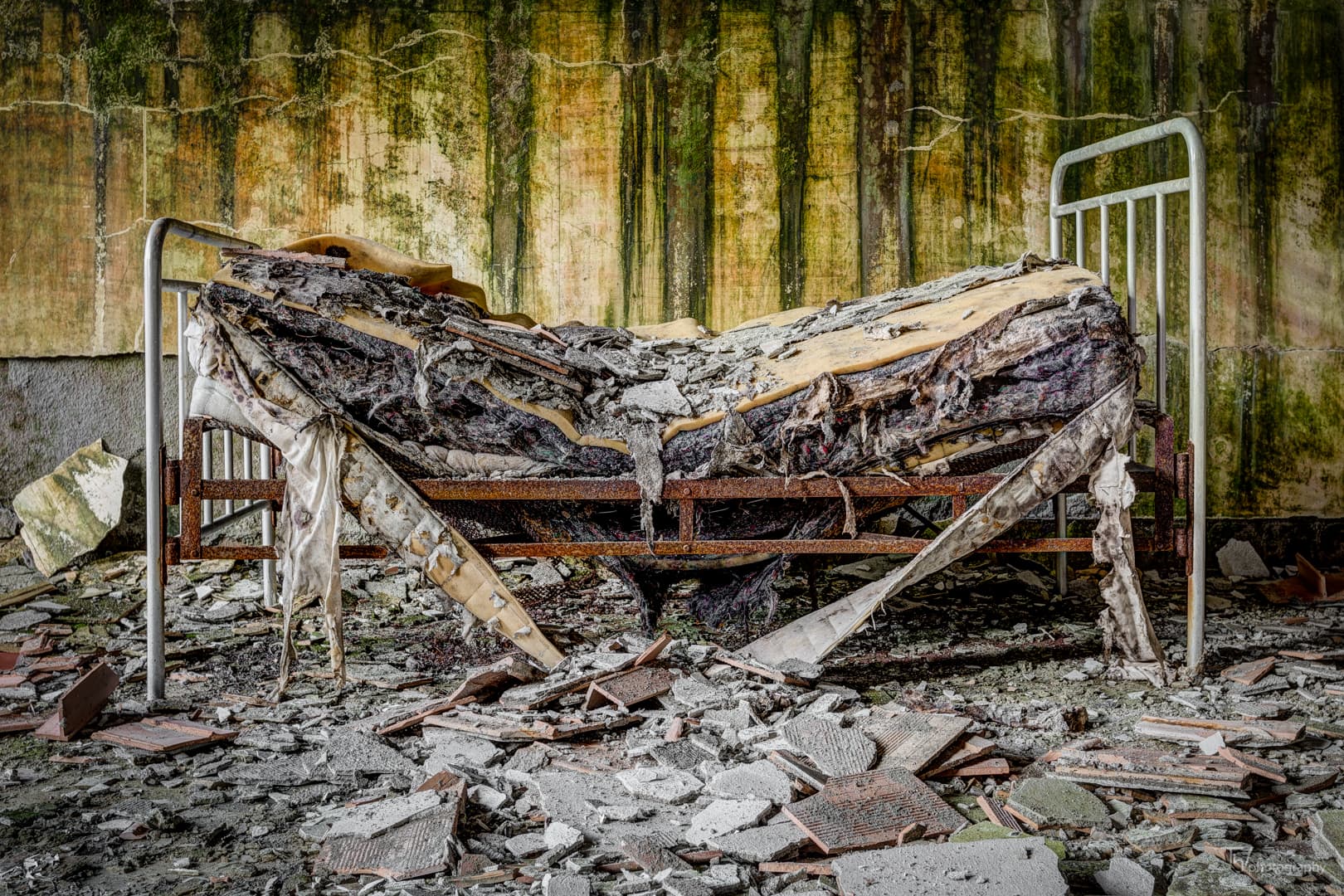
AP: What does urban exploration mean to you?
TW: Well, there’s no much left to explore, except for some remote corners in the world or the macro/microcosm, so urban exploration is one possibillity to rediscover things, mankind has forgotten. So this hobby combines my passion for photography with my interest in history and travelling around.
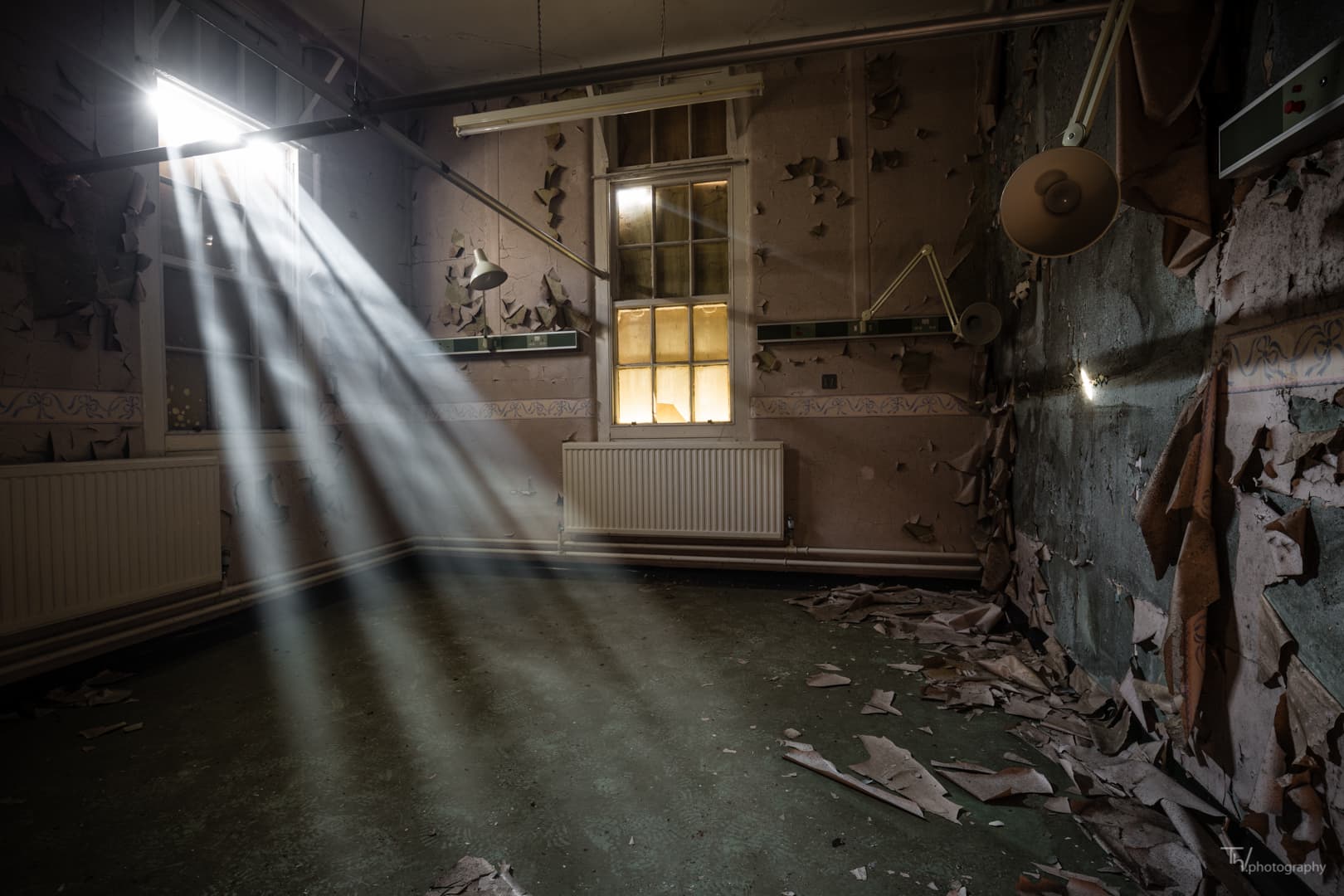
AP: Many people could potentially find these images – of abandoned medical equipment and dilapidated hospitals – to be disturbing or unsettling. Was this an effect you had in mind when creating the series?
TW: Of course. In times of digital photography and the internet, we all get flooded with pictures everyday and we tend to ignore 99% of them. The ones we apperceive, are pictures we dont see everyday and which trigger emotions or memories.
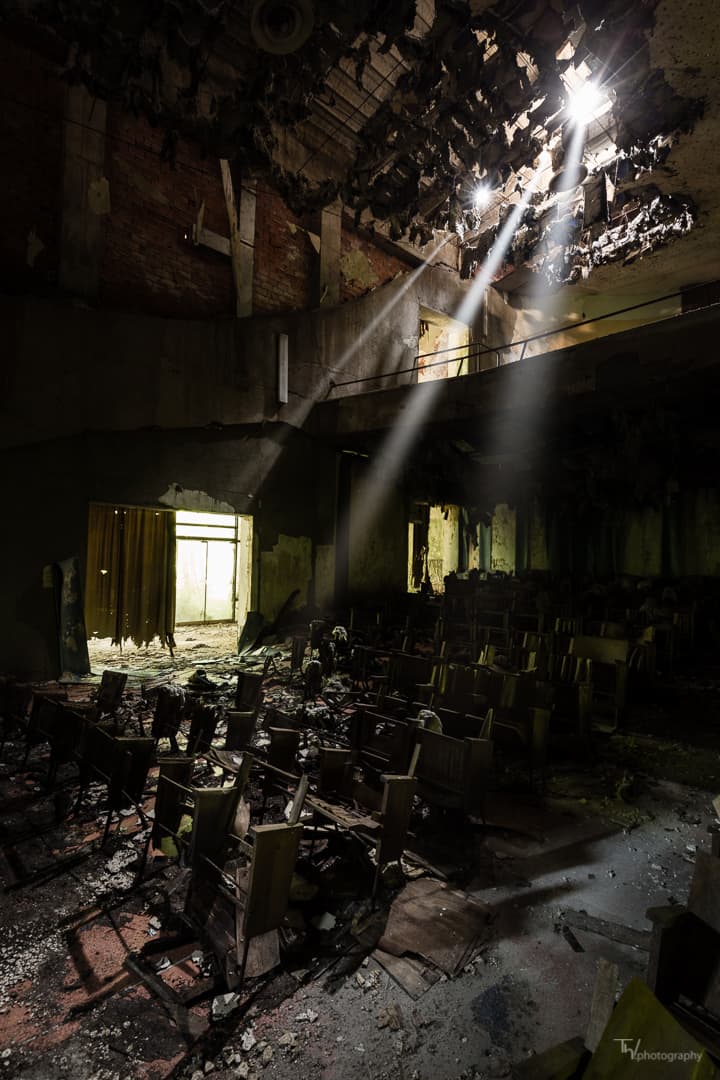
AP: At the same time, many of the images are undeniably beautiful? What do you think of the combination of the beautiful and the unsettling?
TW: The beauty in decay is, when you can imagine a place like it was many years before, which is now decayed, populated by spiders and other insects and mother nature growing through the windows, reclaiming what once belonged to her. I think we tend to romanticise nature taking back things built by humans because we enjoy nature in general and realise that nothing lasts forever.
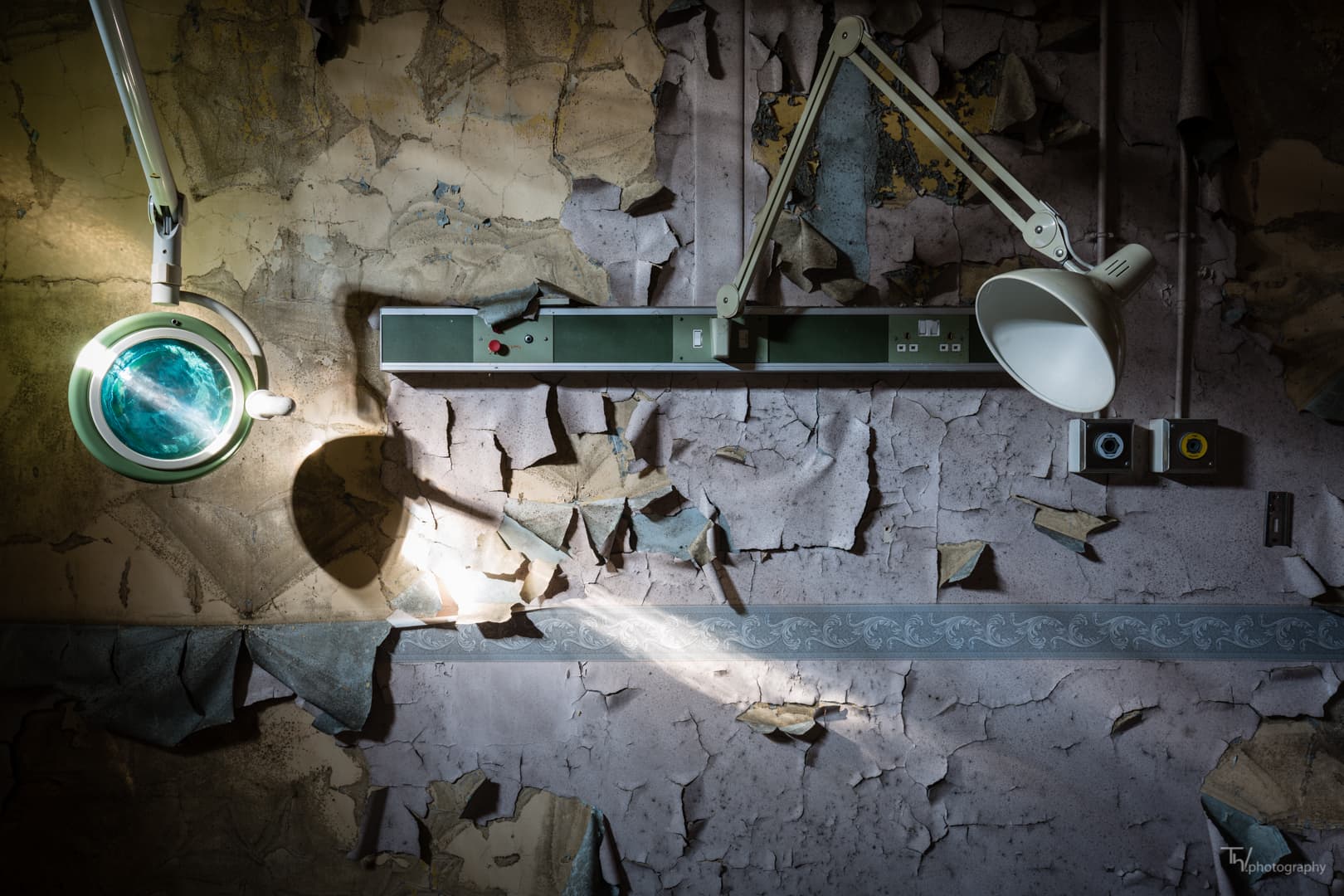
AP: Are there any specific photos from that series that are particularly meaningful for you?
TW: Personally I prefer details instead of wide shots but of course I want to show as much of the location as possible. If you show ten people wide-angle shots, you get almost the same feedback – they like it or not. If you do that with details, nine out of ten come up with their own story they associate with the picture.
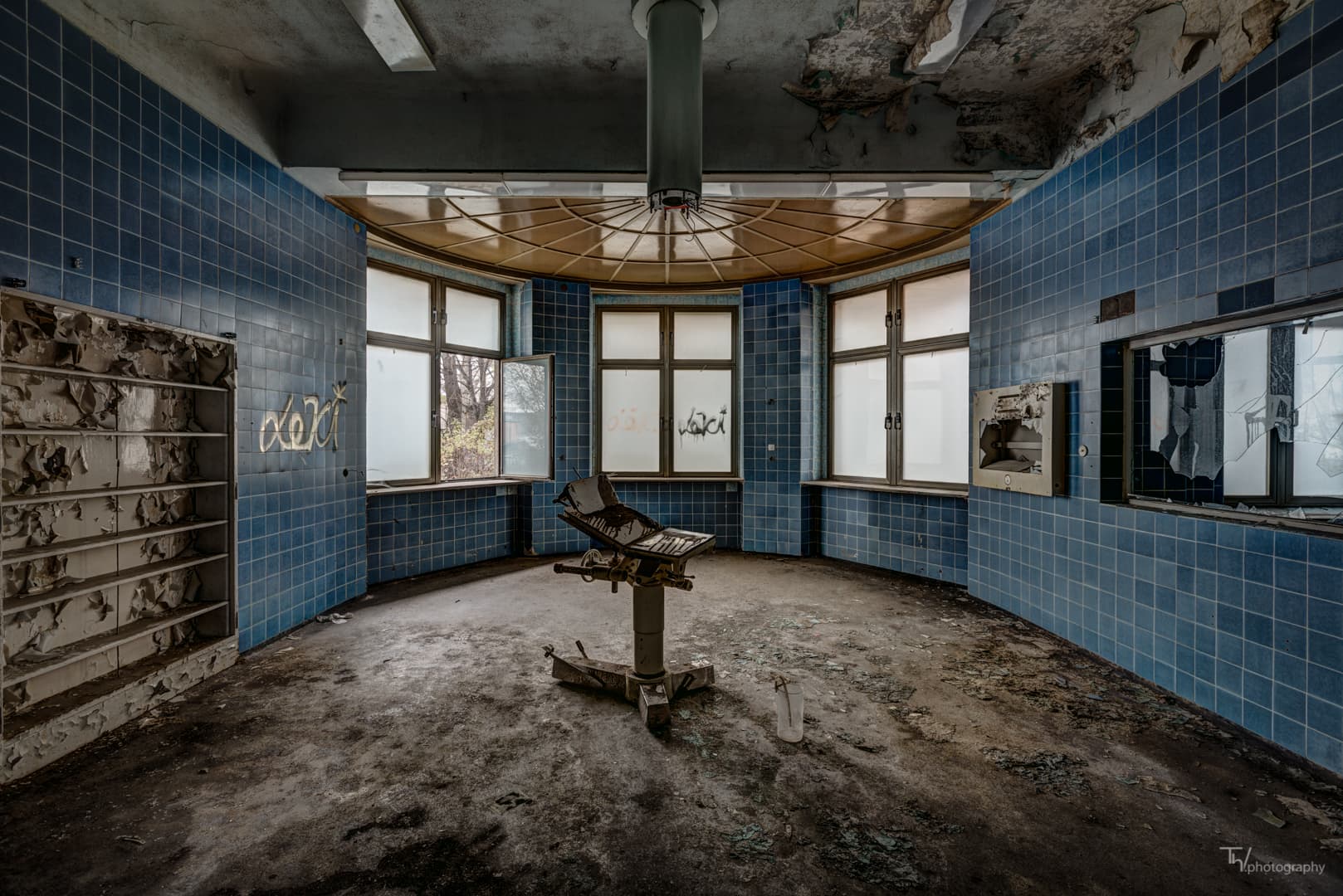
See more from Thomas at his website, thw.photography, and support him on Patreon at patreon.com/twindisch

